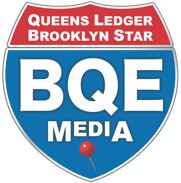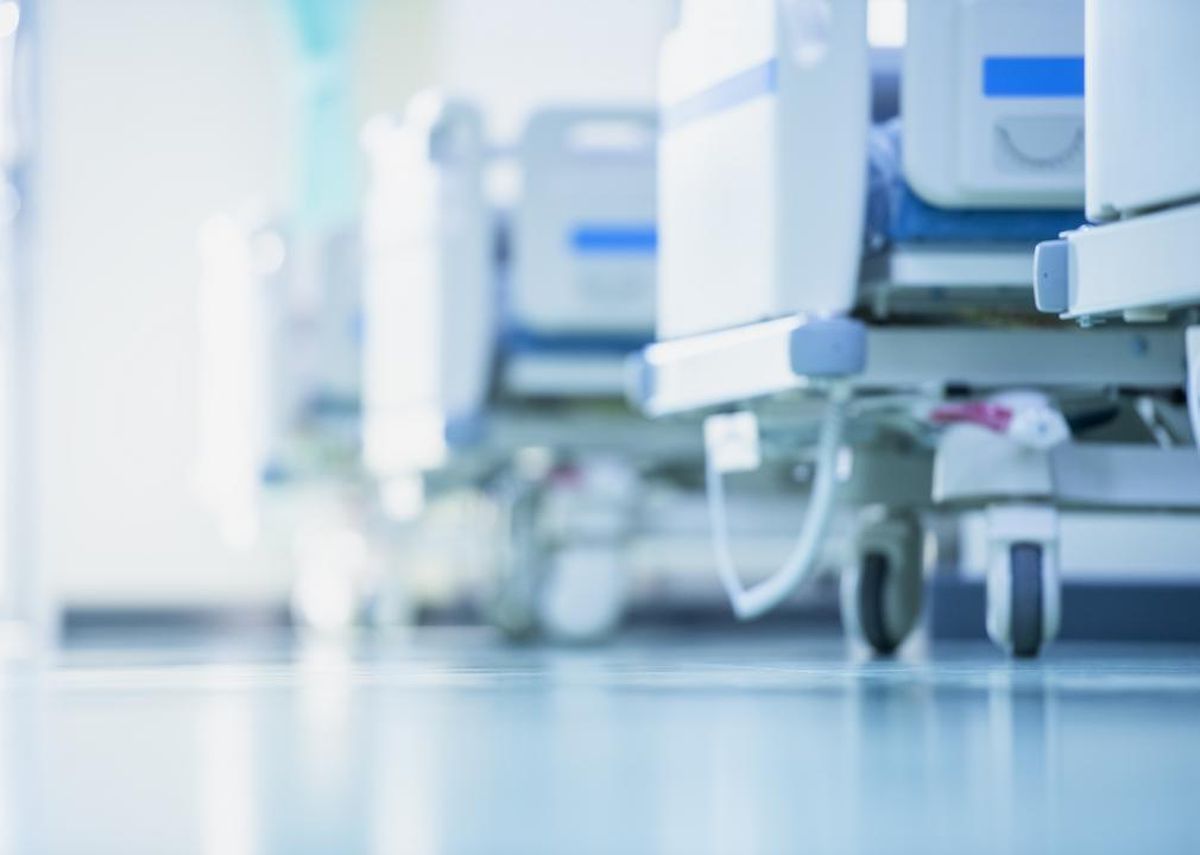Help is in our backyard
We understand that New York City’s hospitals are overwhelmed with growing cases of patients testing positive for COVID-19. What we don’t comprehend is how the government is refusing the assistance of empty neighborhood health facilities volunteering to help those hospitals with their overflow of patients that need urgent medical care.
As confirmed coronavirus cases In New York City soar past 75,000, Queens continues to account for around a third of the city’s coronavirus patients. In data released earlier this week, the Health Department reported 21,781 cases in Queens and leads the city in coronavirus deaths with 771.
Most Queens hospitals have been turned into entirely COVID-19 hospitals, including Elmhurst Hospital and Queens Hospital; and these hospitals are now beginning to find themselves overwhelmed by virus cases, many of which require intense and long-term critical care to treat respiratory failure.
According to press reports, Elmhurst Hospital has reported a doubling in cases coming into the emergency room, a refrigerated truck for bodies of patients who have died, and limited ventilators on hand to care for patients,
“Everyday we have hundreds and hundreds of people walking in. It’s unbelievable,” stated one worker at Mount Sinai Hospital.
Mayor Bill de Blasio just announced that 250 extra ambulances are en route to NYC. He’s also requested 45K additional health care workers to combat the coronavirus outbreak.
While this will drastically help the frontline battle, The Glendale Register asks how the city will help solve the problem of overcrowding in Queens hospitals. Our hospitals are running out of beds, and putting tents outside is the best we can do?
Northwell’s Long Island Jewish Forest Hills Hospital in Queens has been “inundated” with cases and has been forced to move patients to larger hospitals nearby.
“Non-COVID-19 patients are shipped to other hospitals that aren’t as busy as them,” said one hospital representative when asked what happens to patients who don’t have COVID-19, but need immediate attention.
Some hospitals, such as St. John’s Episcopal in Rockaway, have set up medical tents to accommodate patients that they don’t have beds for. These outside tents can’t be the best option that the city can offer our hospitals… so why not think outside the box.
There are medical centers in Queens that are not currently being used and should be utilized for patients who do not have beds at other Queens hospitals.
One such facility is EMU Health on Woodhaven Blvd. in Glendale, Queens. This 22,000 sq facility has 15 treatment rooms, 5 class c operating rooms,15 pacu bays, 5 pre-op bays and a parking lot with over 40 spaces. EMU is a 9-minute drive from Elmhurst.
The government has set up auxiliary facilities at the USTA Tennis Center in Flushing, and at the Aqueduct Racetrack. While this is a step in the right direction, these auxiliary facilities are further away from the Epicenter than Glendale is, and these aux facilities are also makeshift compared to the elite facility that Glendale’s EMU has to offer.
Frankly, the city isn’t asking the right questions, and are blaming the federal government for a lack of resources when they should be looking in its own backyard for those willing to help.
“When hospitals become much more crowded, literally stretched beyond capacity, if I have a heart attack, will I be able to get care? If I have an auto accident, will I get care? How do we triage that? We can’t approach this like I approach a game of checkers with my 10-year-old grandson, we to approach this like a chess master thinking 10 to 15 moves down the board.” – Michael Osterholm, director of the Center for Infectious Disease Research and Policy at the University of Minnesota.
If Minnesota is playing chess, why is New York City content to play checkers when the stakes are life and death?

